Ceramides are a type of skin fat cell vital for retaining moisture and preserving the skin’s barrier function. Loss of ceramides results in dry, flaky, or cracked skin. This is one of the first skin aging signs that a proper skincare routine can easily prevent.
This article explains what ceramides are, why they are important for skin quality, and how to increase concentrations for maximum results.
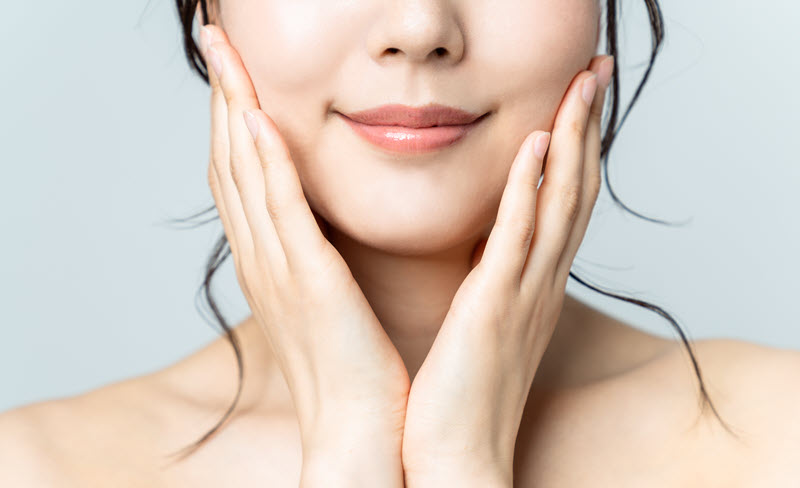
What Are Ceramides for Skin?
Ceramides are lipids (fatty molecules) found in the outermost layer of skin called stratum corneum. Their key role is to support the skin’s natural protective barrier and seal in enough moisture to prevent dehydration.
Ceramides can be found in moisturizers, serums, and sunscreen products that aim to rejuvenate the skin and boost water retention. They help replenish the skin and improve its overall quality by keeping it hydrated and resilient.
Note: Learn how to choose sunscreen to protect your skin from UV damage.
Types of Ceramides
Ceramides can be natural or synthetic. Natural ceramides are found in the skin’s outer layers and in some plants (e.g., soybeans). Artificial ceramides are made for cosmetic purposes; they are more stable and do not contain contaminants.
A substance called sphingosine binds to other fatty acids to create twelve types of ceramides. The following is a list of the most common ceramide types found on skin product labels.
Ceramide 1 (EOS)
This type works best in combination with other ceramides, fatty acids, and cholesterol. It fortifies the skin’s barrier, retains its natural suppleness, and stores linoleic acid, which is responsible for barrier repair.
Ceramide 2 (NS or NG)
This type retains water to keep the skin smooth, promotes barrier repair, and protects against harmful irritants. Its anti-inflammatory properties can also help reduce skin sensitivity.
Ceramide 3 (NP)
It boosts hydration and keeps the skin resilient against external irritants. Ceramide NP works best in combination with ceramide EOS.
Ceramide 6-II (AP)
This type is suitable for sensitive skin prone to breakouts and skin inflammation. It is also a great anti-aging ally because it reduces fine lines and wrinkles.
Ceramide 9 (EOP)
Ceramide EOP helps fight off pathogens, prevents premature aging, and strengthens the skin’s barrier.
Phytosphingosine
This molecule is a precursor or a building block of ceramides. Its potent antimicrobial properties make it an ideal companion for acne-prone skin and skin conditions such as eczema.
Sphingosine
This type helps maintain optimal moisture levels and lessens fine lines, creases, and wrinkles. It is used in skin and hair conditioning products.
What Do Ceramides Do for the Skin?
These long-chain fatty acids hold skin cells together to create a protective layer that prevents permeability and water loss. They promote cellular function and support the skin’s structure and integrity, keeping out harmful agents, such as allergens and pollutants.
The result is a firm, soft, and elastic skin with a healthy lipid barrier.
What Skin Types Are Ceramides Best For?
Ceramides are suitable for all skin types. They are especially beneficial if you want to get rid of dry skin or lessen the appearance of fine lines and wrinkles.
Products with ceramides can alleviate the itchiness, dryness, and irritation caused by some skin conditions, such as rosacea, psoriasis, eczema, and acne.
Note: Learn what causes dry skin and discover the best skincare routine for dry skin.
What are the Benefits of Ceramides for the Skin?
Ceramides benefit all skin types but are indispensable if your skin is dry, sensitive, or compromised.
Preserve the Skin Barrier
Ceramides enhance your skin’s resilience by preventing the breakdown of the protective outer skin layer that blocks external irritants (e.g., pollutants, microbes, or allergens).
Increase Hydration
Ceramides help prevent water loss, maintain healthy moisture levels, and boost hydration, resulting in a smoother skin texture.
Reduce Wrinkles
As we age, the skin loses elasticity, starts sagging, and develops fine lines, creases, and wrinkles due to depleted collagen, elastin, and ceramide levels. Ceramide-containing products help to restore lost moisture and achieve a youthful look.
Rejuvenate Aging Skin
Ceramides are an ingredient in many rejuvenating skincare products because they can restore lost lipids to produce a supple, and glowing complexion.
Protect Against UV Damage
Ceramides shield the skin from sun damage caused by ultraviolet radiation and minimize skin pollution by strengthening the protective barrier.
Prevent Breakouts
A compromised skin barrier is more prone to irritations, an overproduction of sebum (oil), and different types of acne. Ceramides keep the skin clear by fortifying this natural protective layer.
Reduce Skin Inflammation
They can reduce inflammation (e.g., redness, swelling) and lessen skin irritation caused by environmental damage or skin contamination.
What Skin Conditions Are Caused by Low Ceramide Levels?
Excessive cleansing, sun exposure, age, and harsh climate conditions deplete your skin’s natural ceramide stores, leading to dryness, inflammation, and sensitivity.
Suboptimal ceramide levels are associated with the following skin conditions:
- Rosacea
- Eczema
- Psoriasis
- Acne
Note: Learn how to restore a healthy skin barrier with a holistic eczema treatment.
How to Increase Ceramides in Skin?
You can boost ceramides with topicals (e.g., moisturizers, serums, creams) and oral supplementation (e.g., capsules). Topical treatments nourish the skin, while supplements may also improve your skin and hair quality.
You can increase ceramide levels with certain foods, such as wheat germ extract, soybeans, sweet potato, eggs, and brown rice.
Can I Use Ceramides Every Day?
Topicals with ceramides are considered safe for everyday use. Consult a certified nutritionist before you start supplementing.
Apply a ceramide-rich moisturizer twice daily following a shower to trap extra moisture.
Can I Combine Ceramides with Other Ingredients?
You can pair ceramides with other active ingredients that strengthen, protect, or moisturize the skin. The following ingredients will help you multiply the benefits and prolong the effects.
- Hyaluronic acid
- Linoleic acid (Omega-6)
- Oleic acid (Omega-9)
- Aloe vera
- Glycerine
- Panthenol
- Avocado oil
- Niacinamide
- Retinol
- Peptides
- Antioxidants
What Are the Best Ceramides Products?
Vibrant Skin Bar experts recommend the following products to replenish moisture, enhance epidermal resilience, and improve overall skin health.
1. SkinMedica® TNS Ceramide Treatment Cream
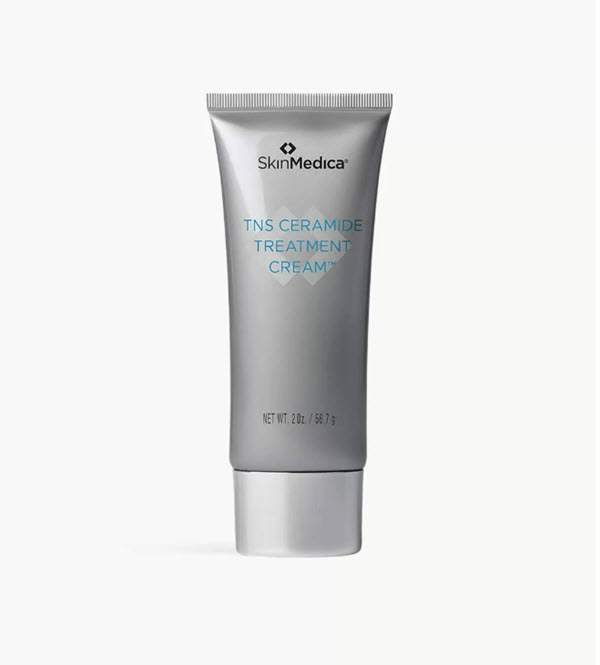
Helps restore the skin’s barrier. Suitable for dry and post-procedure skin.
2. Alastin UltraLight Moisturizer with TriHex Technology
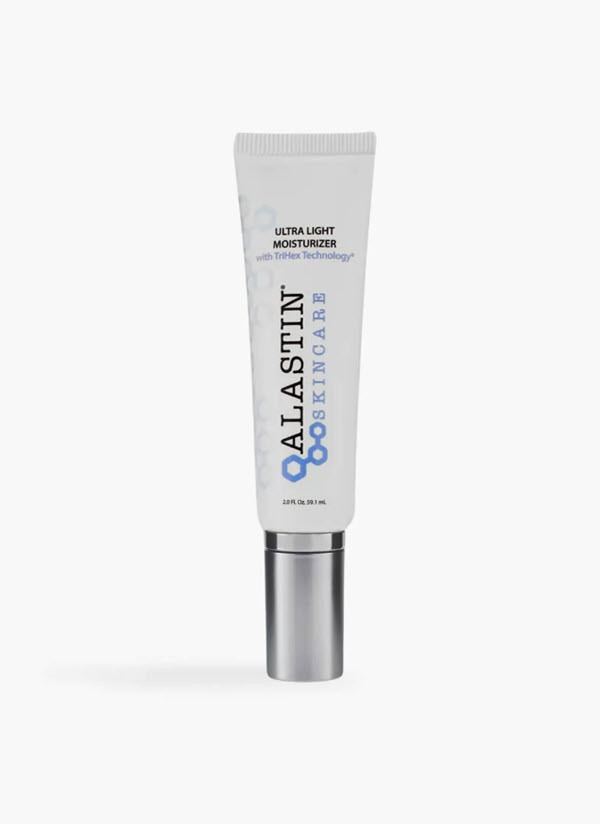
Gently hydrates the skin and supports elastin and collagen production. Suitable for sensitive or compromised skin.
3. ZO Skin Health Recovery Creme
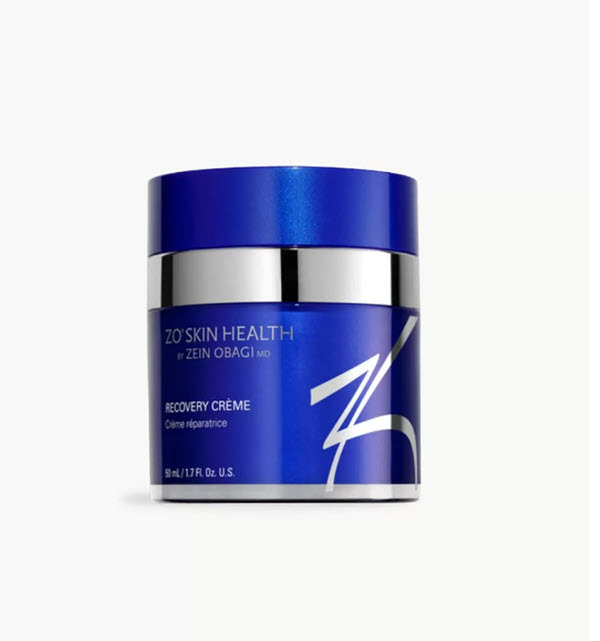
Reduces dryness, redness, and softens fine lines. Appropriate for aging skin.
4. Skinbetter Science Trio Luxe Moisture Treatment
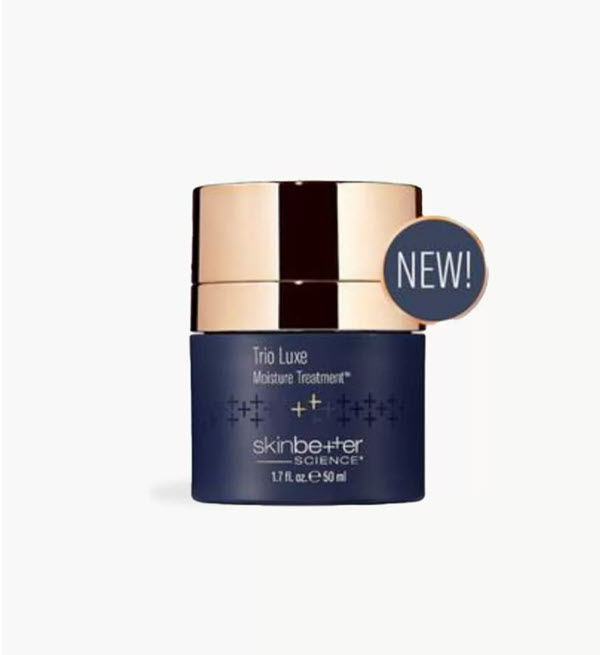
Hydrates moderate to severely dry skin. Improves skin texture, reduces redness, and provides deep hydration.
How to Choose the Best Ceramides Product?
Consider the following factors when choosing the ceramide product:
- Other ingredients – If you want to prevent water loss, choose products with hydrating agents (e.g., hyaluronic acid). If you want to protect the skin, opt for barrier-strengthening ingredients (e.g., niacinamide).
- Concentration – Higher concentrations of ceramides (4% to 5%) provide intensive hydration suitable for excessively dry or compromised skin.
- Ceramide type – Different ceramide types provide better nourishment and help target various skin concerns.
- Formulation – You can combine creams, lotions, and serums for added benefits.
- Skin type – Choose heavier creams or lotions if you have dry skin, and lightweight moisturizers if you have oily skin. If your skin is sensitive, use a product that contains hypoallergenic, soothing ingredients.
When Can You See the Results of Using Ceramides?
Your skin will be instantly moisturized, but the full anti-aging effects might take longer to show. Skin texture typically becomes smoother after three to six months of consistent use.
Are Ceramides Safe?
Ceramides are considered safe and have shown no side effects during pregnancy or breastfeeding. As a precaution, dermatologists recommend performing a patch test on your skin before adding them to your daily routine.
Conclusion
Ceramides are powerful and versatile. They fend off free radicals, reduce oxidative stress, boost hydration, and minimize the first signs of aging. Consistent use can significantly improve your skin’s health and help bring out a more youthful, radiant look.
Consult our skin experts for more information about the products.


